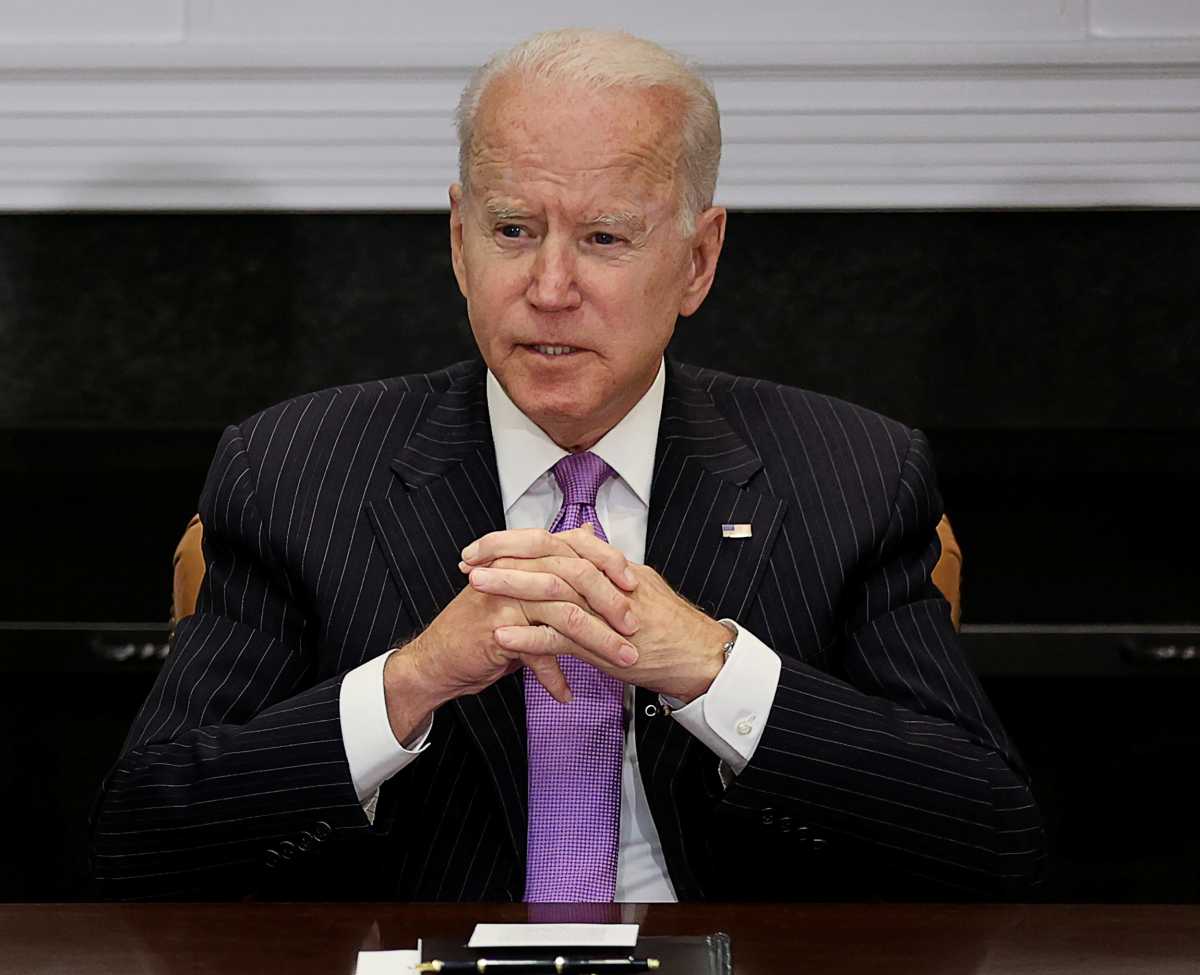By Tom Bergin
U.S. companies pay less income tax than their overseas competitors and would likely continue to do so under a tax hike proposed by President Joe Biden, according to a Reuters analysis of filings by hundreds of U.S. and international firms.
The analysis undercuts arguments by some company executives and trade groups that Biden’s plan would leave U.S. firms paying some of the world’s highest taxes and struggling to compete against foreign rivals. Industry representatives have aggressively lobbied against the proposal, which would increase the corporate tax rate to 28%, from the current 21%. The president also wants a minimum tax of 21% on overseas income, up from 10.5%.
U.S. corporations typically pay less – sometimes much less – than those statutory rates because the U.S. tax code is unusually generous with tax breaks and deductions, and in allowing overseas tax planning, according to the Reuters analysis. The analysis was reviewed by four academics with experience in measuring corporate tax payments.
Reuters examined the effective tax rates – reflecting the actual tax payments companies reported – of 52 of the largest U.S.-based multinational firms, and then compared them to the rates paid by these companies’ main overseas competitors. The U.S. companies paid an average effective tax rate of 16% in 2020 compared to an average rate of 24% paid by 200 foreign companies that the U.S. firms named as their competitors in filings.
If Biden’s proposed tax rates were applied to the U.S. firms’ 2020 earnings, the companies would have paid effective rates averaging about five percentage points higher, or 21%, the Reuters analysis found.
That’s still lower than the average rate paid by their overseas competitors. Moreover, U.S. firms would likely retain a bigger tax advantage over their foreign rivals than the analysis shows, for two reasons. First, the Reuters calculations do not account for the impact of new tax breaks for U.S. firms that Biden proposes to encourage domestic manufacturing and clean-energy investments. Second, the Biden plan would also require foreign companies with U.S. operations to pay higher taxes on their U.S. income.
Business lobby groups have argued that the Biden proposal, which requires congressional approval, would leave domestic firms at the mercy of their foreign rivals.

“Such tax increases would make the United States uncompetitive as a place to do business and make U.S. companies uncompetitive globally,” said Joshua Bolten, chief executive of the Business Roundtable, which represents about 200 large U.S. companies, when the measures were first announced on March 31.
The trade group said comparisons of effective tax rates, as in the Reuters analysis, can be “informative” but are only one of many valid ways to analyze how taxes impact the global competitiveness of U.S. firms. The organization said that simpler comparisons of statutory tax rates among nations – without considering deductions, credits and overseas tax planning – also accurately reflect the incentives for firms to locate in one nation versus another.
Neil Bradley, chief policy officer at the U.S. Chamber of Commerce, declined to comment on Reuters’ findings but said: “Higher taxes will hinder investment and competitiveness for U.S. businesses, ultimately hurting U.S. workers.”
Senator Ron Wyden, an Oregon Democrat and chairman of the Senate finance committee, dismissed such arguments. “The data are clear: U.S. mega-corporations are contributing far too little to federal revenues, particularly in comparison to foreign counterparts,” Wyden told Reuters.
Reuters ran its findings by Biden’s Treasury Department and the White House. The White House said in a statement: “This reporting highlights that the corporate tax code is broken. The largest corporations don’t pay their fair share in the United States, and pay less in other competitor countries.” Biden’s proposal, the White House said, is designed to address “the tax games and giveaways that underlie the rock-bottom tax rates described by this reporting.”
Republican leaders who have said the proposed hikes will damage U.S. firms’ competitiveness, including Senator Pat Toomey of Pennsylvania and Congressman Kevin Brady of Texas, declined to comment on the Reuters analysis. Senate Minority Leader Mitch McConnell, a Kentucky Republican, did not respond to requests for comment.
Democrats in Congress are pushing a bill to implement Biden’s plan. It could come up for a vote any time in the divided Senate. Its success may rely on the support of one Democrat Senator, Joe Manchin of West Virginia, who has pushed for lower tax rates than Biden wants. All Republican senators are expected to oppose it.
All of the 52 U.S. firms Reuters examined, and in most cases their overseas rivals, published detailed reconciliations explaining the deviation between their actual tax bill and the statutory tax rate in their home countries. These disclosures show that the U.S. firms’ relatively low effective tax rates stem from business-friendly provisions unique to the United States.
For example, U.S. tax breaks to encourage research and other activities generate bigger savings than similar breaks in other nations. The U.S. allows tax deductions for many expenses – such as client entertainment, stock-based compensation and certain legal costs – that are not typically deductible elsewhere. And U.S. companies can save far more money by shifting profits into tax-haven nations than, for instance, their rivals in Japan, Germany or France, whose governments limit such maneuvers.
Some U.S. companies, to be sure, will take a bigger hit than others from Biden’s tax plan. But even if U.S. companies collectively sustain a bigger tax hit than foreseen, they would still be well-placed to compete, the analysis shows. On average, the 52 U.S.-based companies examined by Reuters had profit margins of 24%, well above than the average margin of 14% among their 200 foreign competitors.
“The argument on ‘competitiveness’ is code for ‘corporations should pay no taxes’,” said Senator Wyden, “and it doesn’t hold water.”
Reuters
































